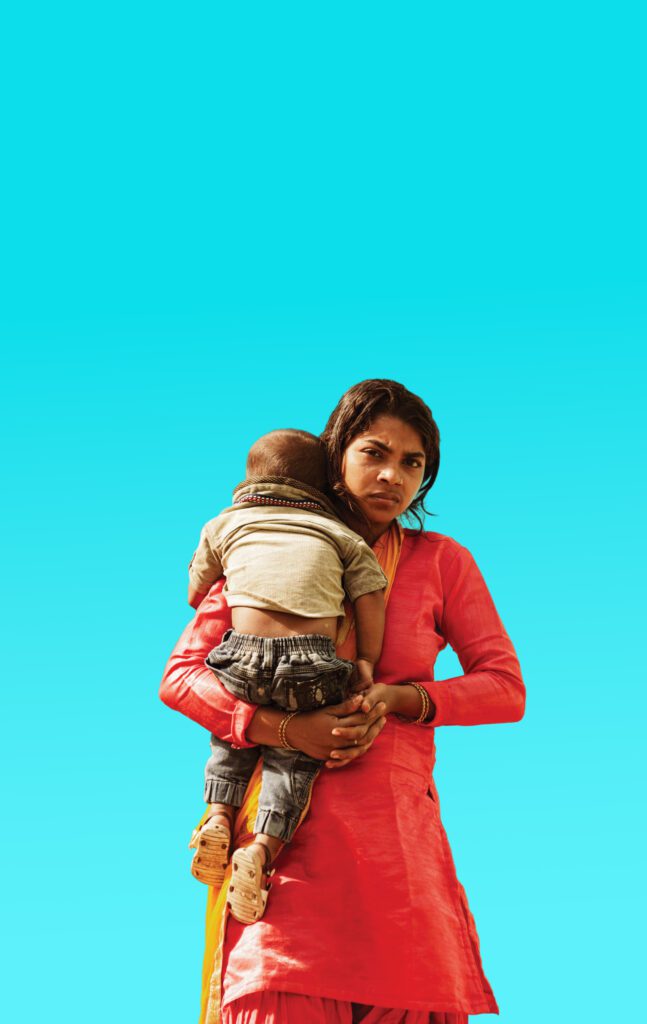
Partners in Health announces Call to Action, Stand With Haiti Fund to media
On Friday, PIH held a conference call for national media outlets. PIH co-founder Ophelia Dahl and Chief Program Officer, Ted Constan, both of whom recently returned from a several days in Haiti led the well attended session, and took the opportunity to announce a call to action, hoping that other organizations will step forward and join us in our ongoing efforts to build Haiti back better. They also announced the Stand With Haiti Fund, which will support rebuilding efforts over the next three years. The Fund’s initial budget has been set at $125 million.
Starting on a positive note, Ophelia remarked that one of the highlights of trip was the graduation ceremony for the first class of Global Health Fellows, a cadre of Haitian physicians who have completed several clinical, managerial, and academic requirements over the last several years. Ophelia explained that this celebration of their achievements was planned long before the earthquake struck 7 weeks ago, and PIH leadership convened the ceremony despite the tragedy in part because it provided a much needed “pocket of hope.”
Ophelia and Ted both underlined the need for action by calling our attention to this “urgent humanitarian crisis that is getting worse by the day.” They were encouraged by partnerships with places such as the Albert Schweitzer Hospital in Deschapelles, Haiti which is doing prosthetic and rehabilitative work, and Ted emphasized the need for partners who can implement “specialized interventions.” By way of example, he explained that while PIH doesn’t have the expertise and/or resources to provide appropriate shelter and clean water to all the people who need it, we are eager to partner with those who do.
Answering a question about living conditions later in the call, Ophelia explained that one settlement of 7,000 people was laid out across an old playing field made of astro turf. The synthetic material was unable to absorb the torrential rains that fell last week, destroying many shelters constructed of only sheets and cardboard, making already dangerously poor sanitary conditions even worse. Ted also discussed the dangers of water borne disease in the settlements, citing a potential onslaught of such preventable illnesses such as typhoid and amoebic dysentery, and declaring that people would most likely still be living in these settlements for at least the next twelve months. He assured callers that PIH will continue to provide medical services and emergency referrals to the hospital in these camps.


